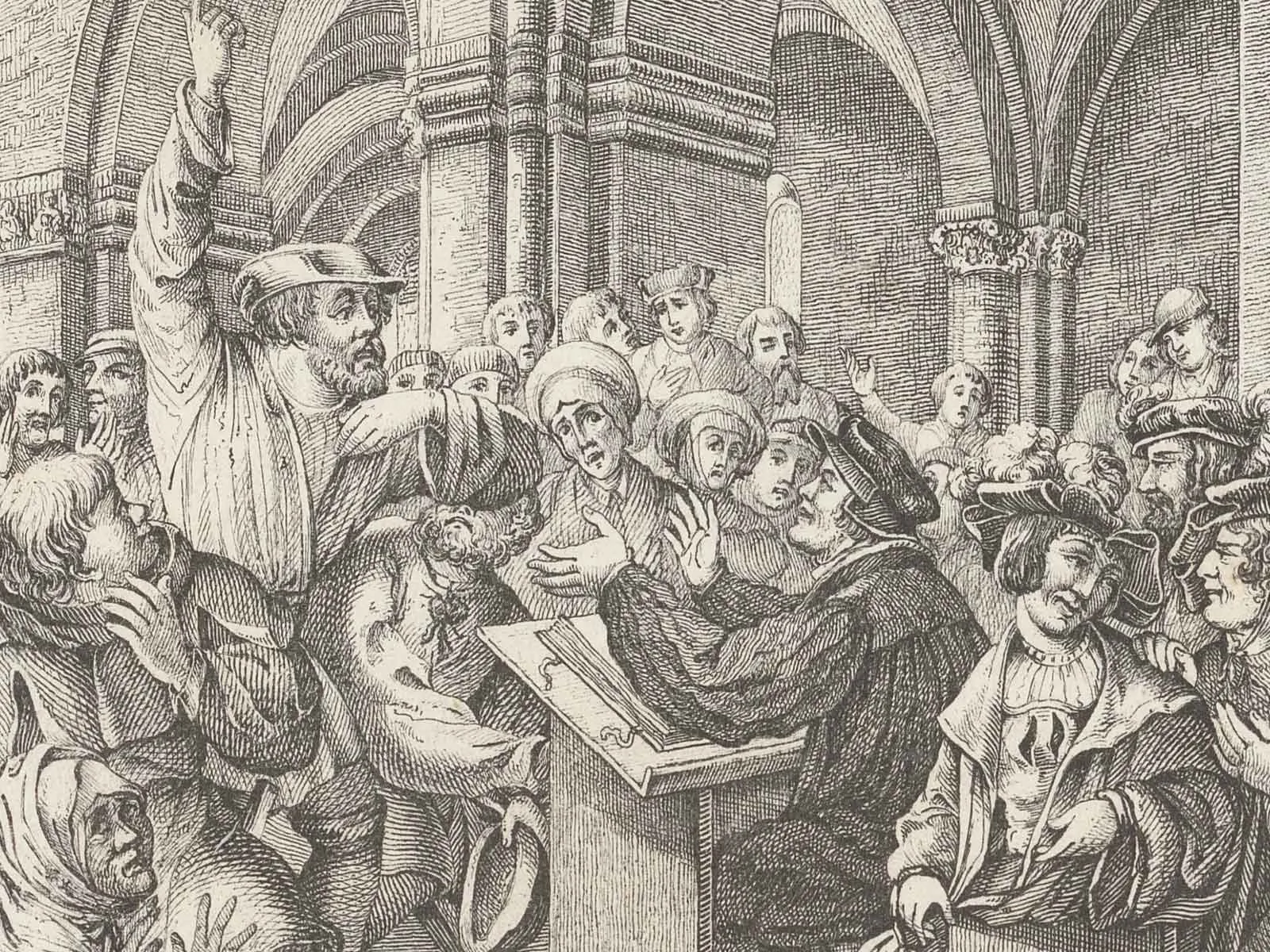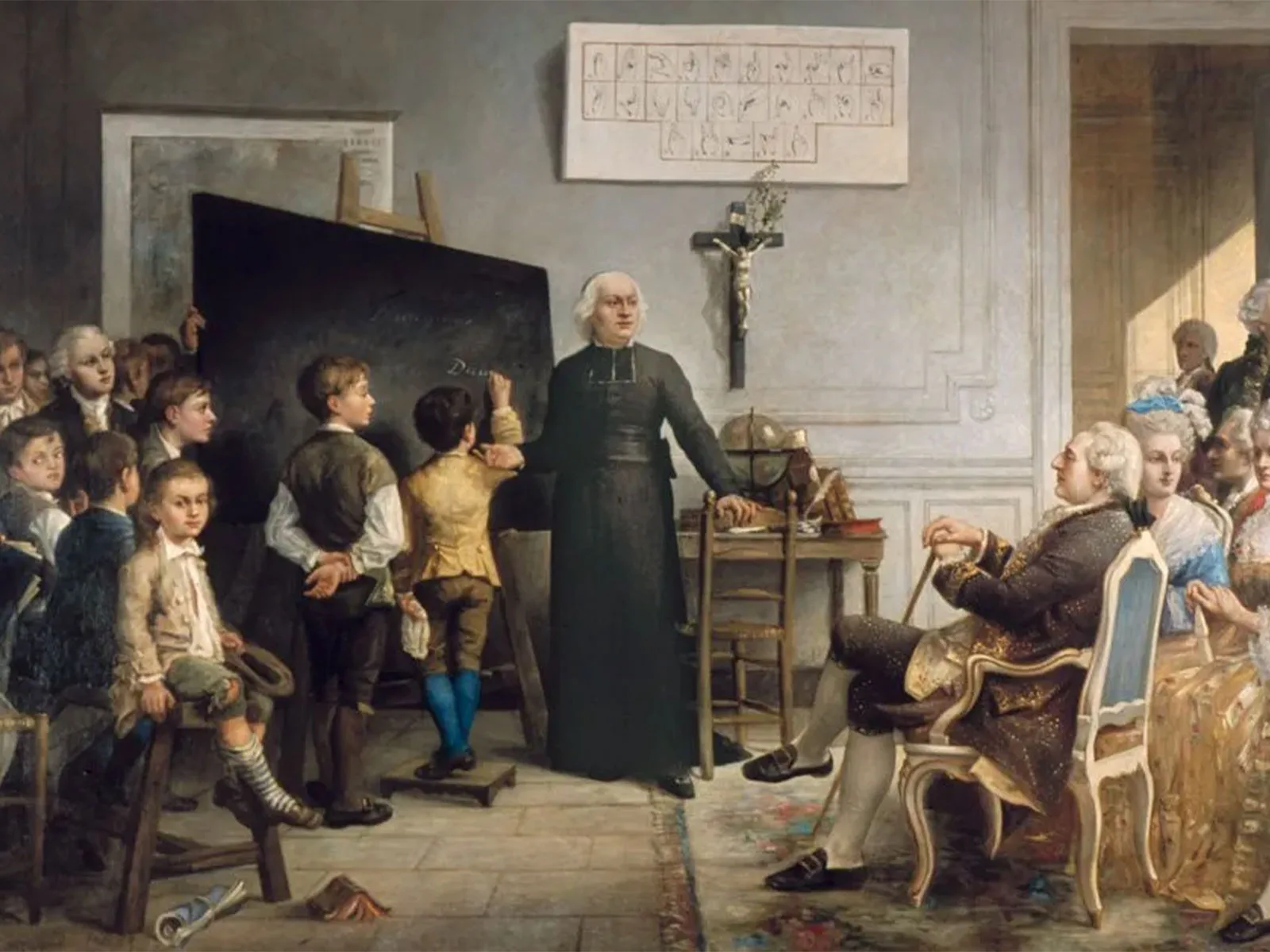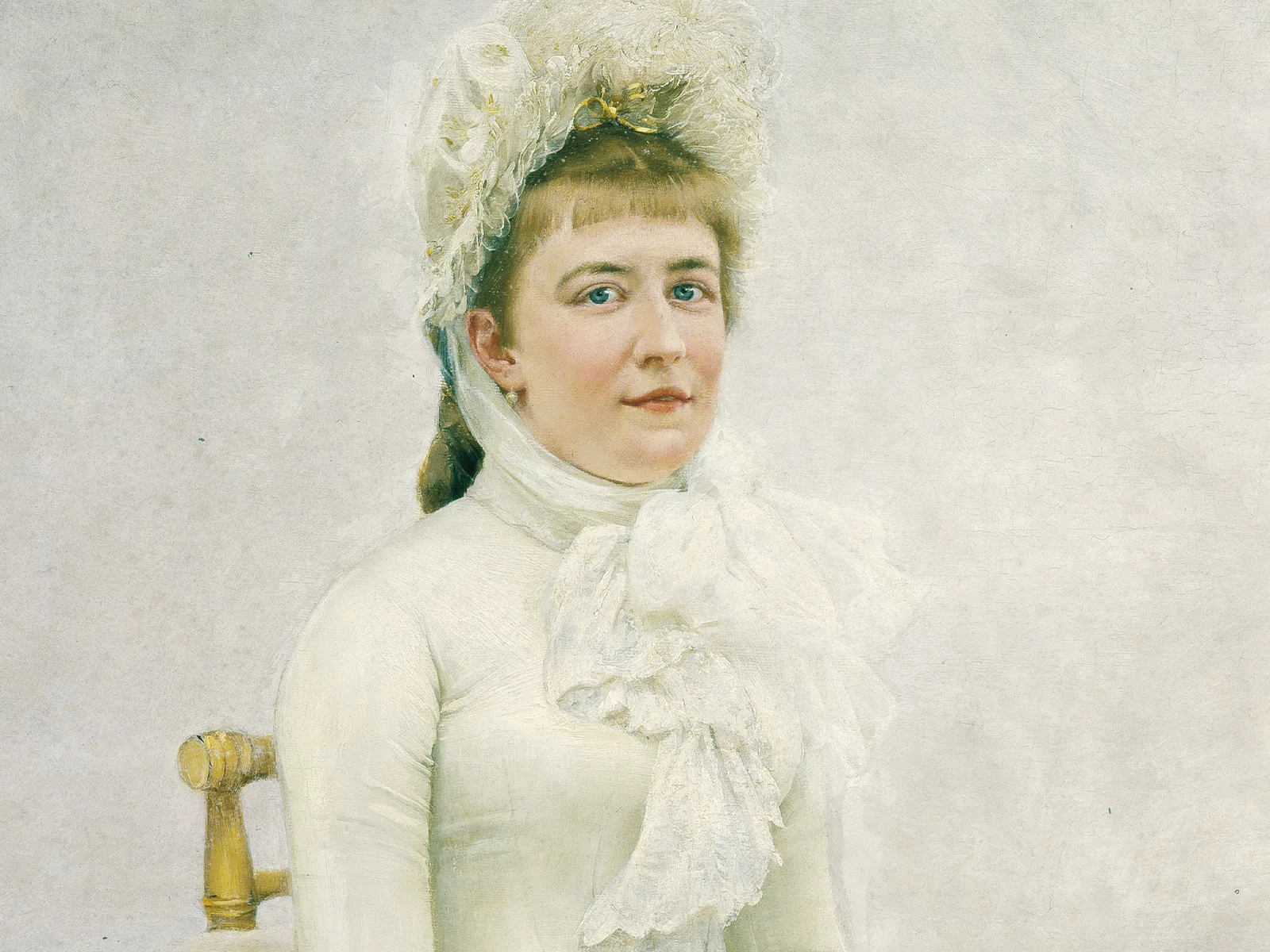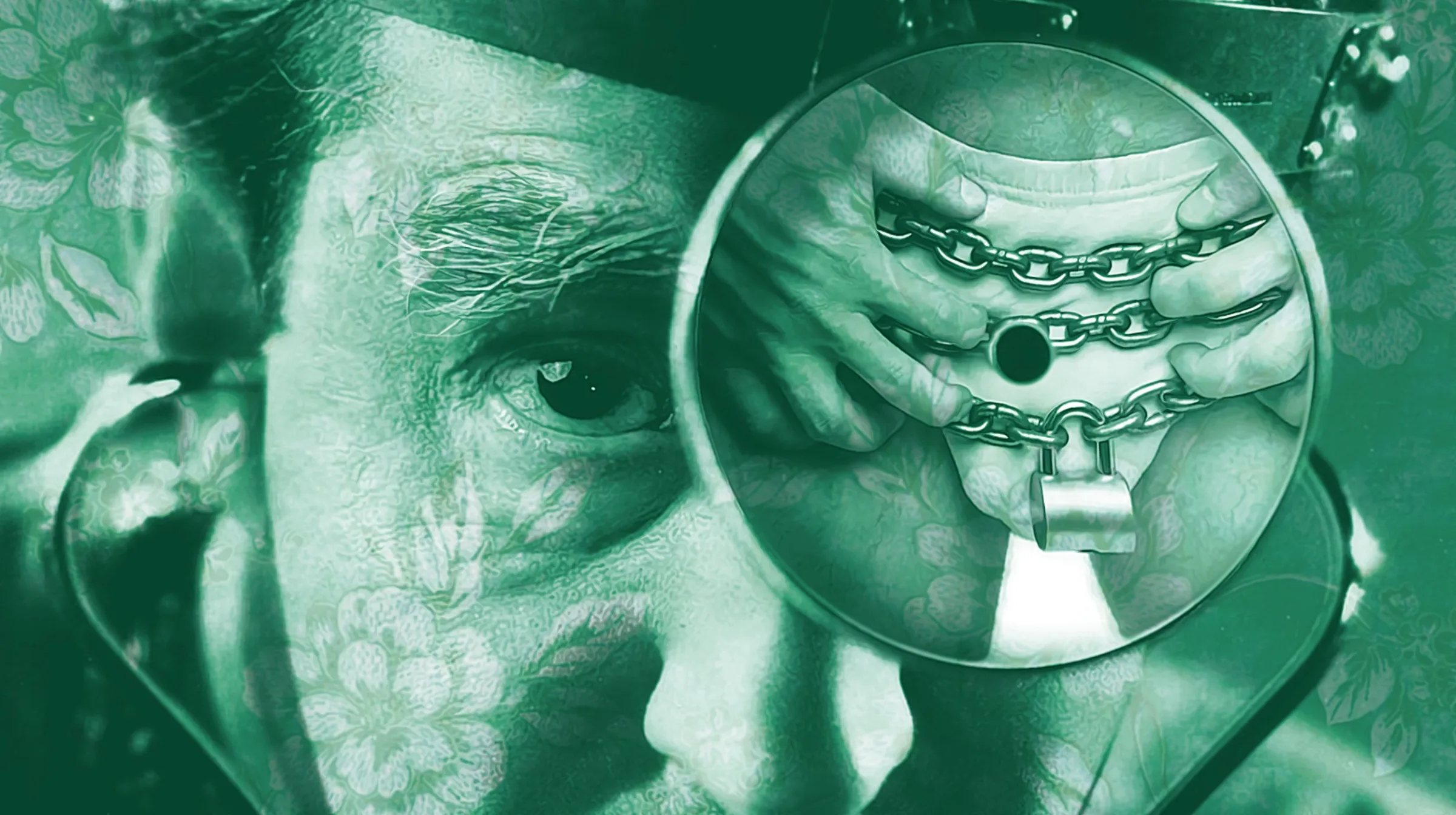
Illustration: Marco Heer
Men should fight their natural urges
Masturbation makes you infertile and sick. This idea expounded by a doctor from Lausanne spread rapidly in the 18th century, and persisted well into the 20th century.
In the 18th century, Samuel Auguste Tissot was one of the best-known doctors in the territory of what is now Switzerland. The Lausanne physician owed his prominence primarily to a paper he had written decrying the perils of male masturbation. Tissot believed masturbation sapped a man’s strength and ultimately made him infertile. He also linked masturbation to a range of other illnesses. His treatise Von der Onanie (Onanism) was published in Latin in 1758, followed by a French translation two years later. The doctor’s work spread quickly throughout Europe, and was revised around 60 times during the author’s lifetime and translated into a number of other languages. It wasn’t just medical professionals who were interested in the topic.
ARGUMENTS FROM ANTIQUITY
Tissot’s views were somewhat audacious, and were based primarily on the medical theory of ‘humours’ – an idea dating from antiquity which holds that human bodily fluids must be kept in balance. If you lose too many of your ‘natural juices’, you weaken your body and ultimately become ill. For the doctor from Lausanne, male masturbation was a waste of bodily fluids. Samuel Auguste Tissot backed up his theory with the old anatomical notion that seminal fluid originates in the brain, and travels to the penis via the spinal column. So any time you masturbated, the doctor said, you would ‘sacrifice’ a portion of your brain fluid. The consequences: countless afflictions and diseases, damage to the nervous system, and impaired memory and intellectual capacity.
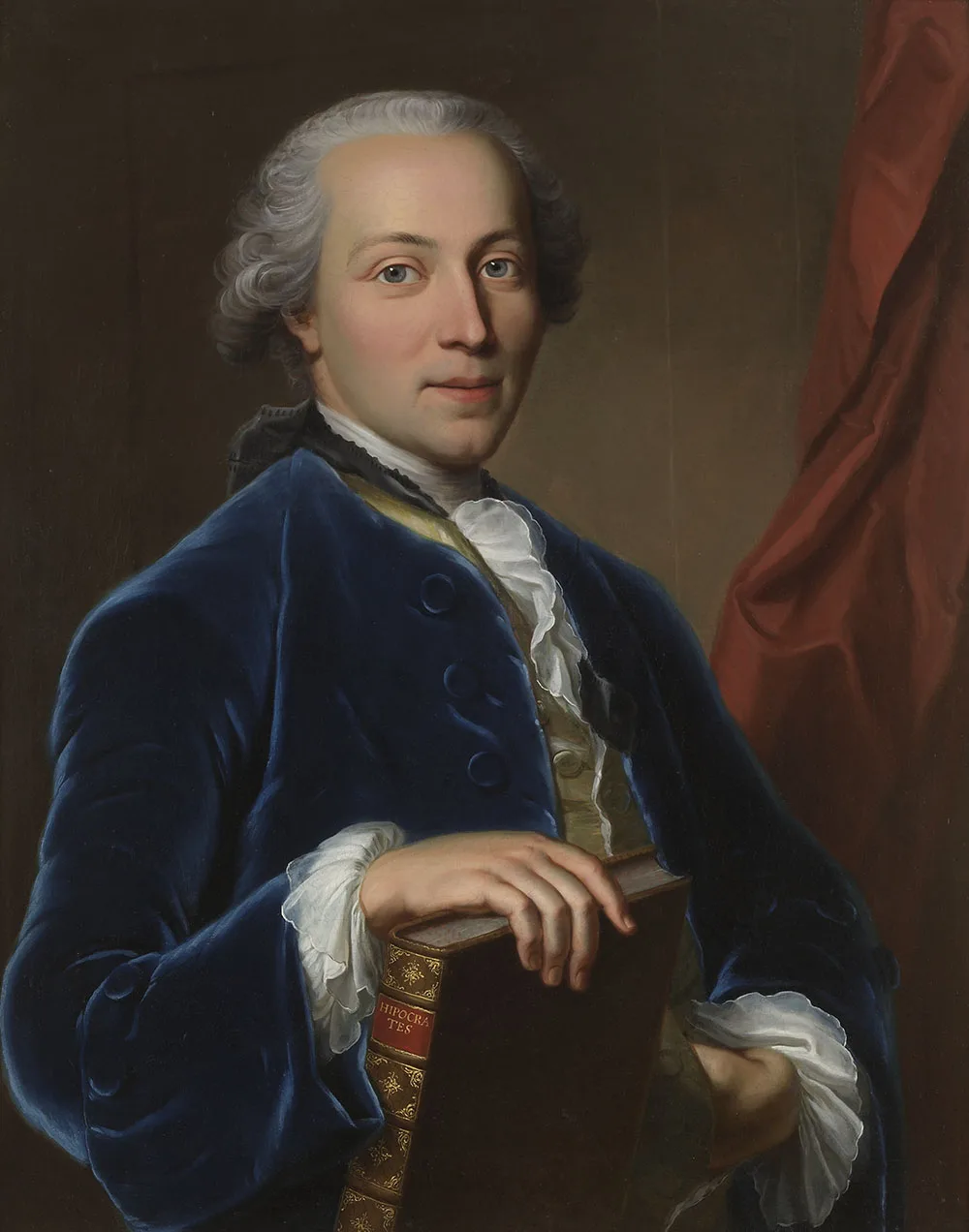
Portrait of Samuel Auguste Tissot, shortly after he was named honorary professor of medicine at the Lausanne Academy.
Université de Lausanne / photograph: Claude Bornand

Scene from Albert Moll’s Handbuch der Sexualwissenschaften (Handbook of Sexual Sciences), 1921.
Wikimedia
Samuel Auguste Tissot’s treatise started a global anti-masturbation movement which influenced society into the 20th century. The physician from French-speaking Switzerland had given a veneer of scientific credibility to the moral ideas of numerous contemporaries, thus supporting the prevailing sexual mores of civil society. While his ideas were not opposed to sex per se, reason and rationality were the top priority. Gratifying one’s baser instincts and sexual desires had no place in this view.
It wasn’t until the 1960s, when young people started to rebel against the prevailing middle class values, that masturbation finally became socially acceptable. Ironically, medical professionals now believe regular masturbation reduces the risk of men developing prostate cancer.

